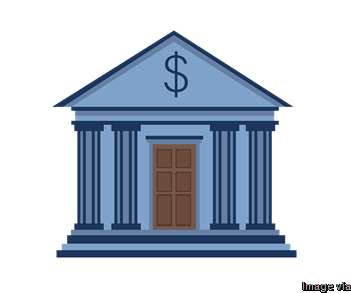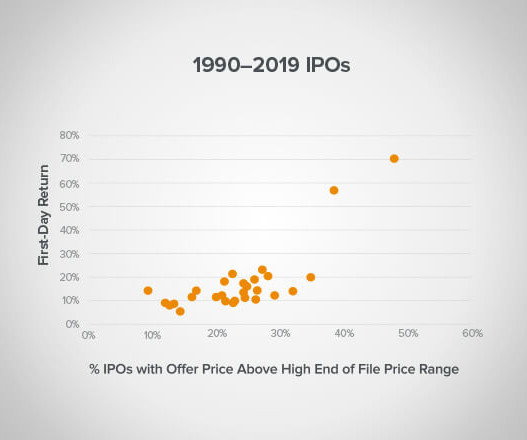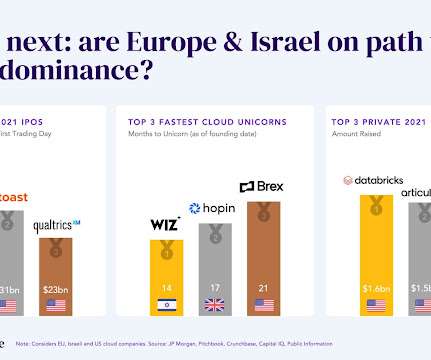6 Risks For Taking A Side Door Into A Public Exchange
Startup Professionals Musings
SEPTEMBER 14, 2022
A reverse merger is the acquisition of an already public company (usually a dormant shell) to avoid the Initial Public Offering (IPO) process and cost, to quickly get your startup on a public exchange for fund raising through visibility and selling stock. Reverse mergers may not get your startup on the Nasdaq.













































Let's personalize your content